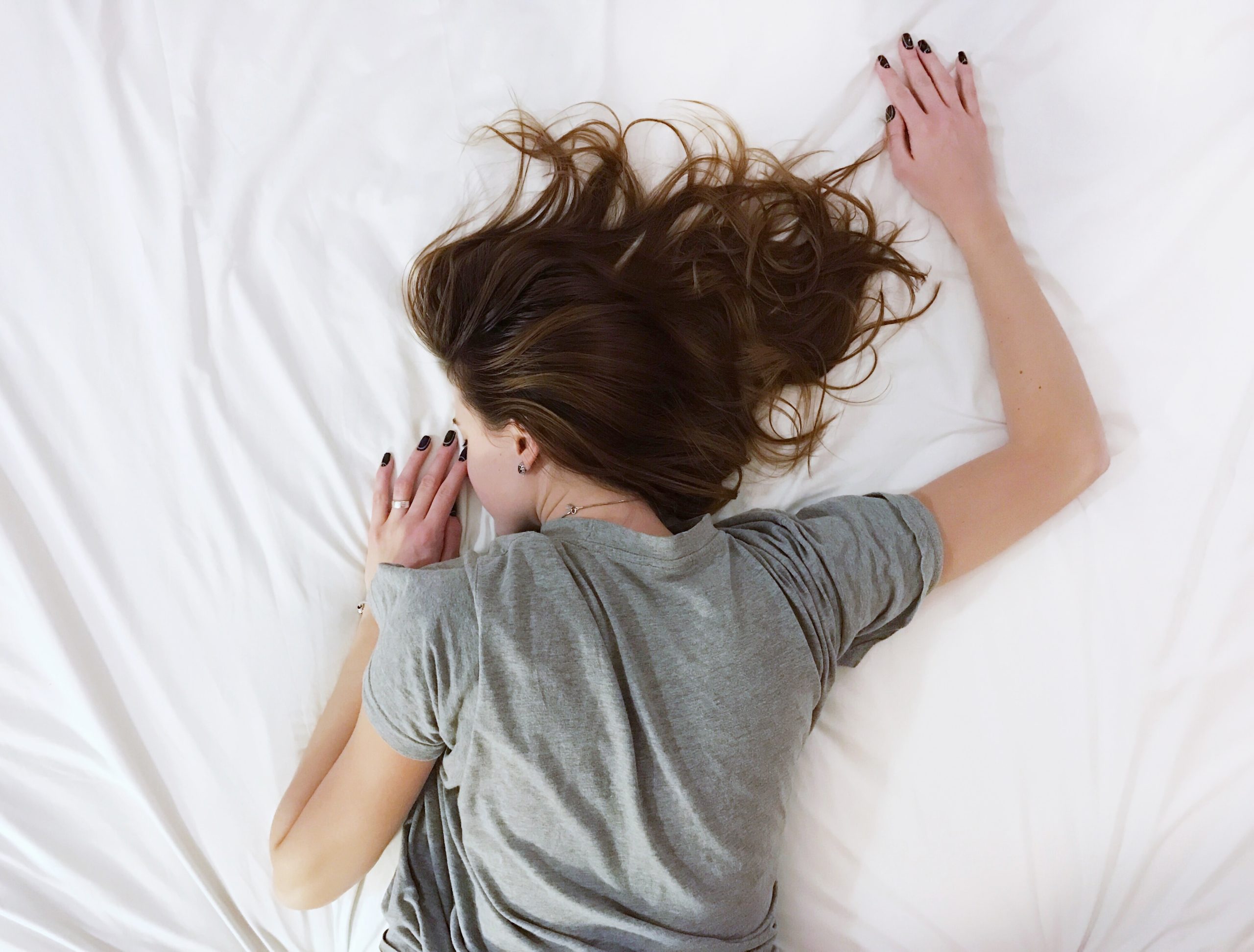How to regulate your circadian rhythms: circadian rhythms are what regulate your body’s wake/sleep cycle: they work pretty much work in automatic, and tell your body when it is time to fall asleep and when it is time to be awake.
The mechanism that regulates them is actually quite complex and involves a couple of very small glands in the brain and a cascade of hormones, but to keep it simple I will focus on the two main hormones: melatonin and cortisol.
Melatonin is the hormone that your body secretes when is dark and that makes you fall asleep, while cortisol is the hormone of stress and alertness. We can say that these hormones are mutually exclusive meaning that much of one, inhibits the production of the other and vice-versa
If you have trouble falling to asleep at night, and you feel drowsy and sleepy during the day, and wide awake and full of energy in the evening, it might mean that your production of these two hormones is out of sync and you need to rebalance it.
The problem with this is that if you are feeling drowsy and lacking energy during the day, you are much more likely to rely on coffee and sugar to keep you going, which in turn can have a negative ripple effect throughout the rest of your day, making you grumpy and more reliant on carbs, stimulants, and nutrients poor foods, sabotaging your efforts to lose weight or to have a healthy diet.
Circadian rhythms are mainly largely regulated by daylight: too little daylight during the day (especially morning hours ) and too much artificial lights or blue lights during the evening, can easily mess up your wake/sleep cycle.
How to naturally regulate your circadian rhythms
1.Try to maintain the same sleep/wake timing.
Trying to go to bed and wake up at around the same time every day will help create a pattern that will make it easier for the body to start the production of melatonin at the right time for you.
2.Get plenty of daylight.
Daylight is what ultimately regulates your wake/sleep cycle, so getting plenty of it, especially in the morning hours, will tell the body that is awake and to stop producing melatonin.
3.Dim the lights 1-2 hours before going to sleep
Dimming the light in the evening will tell the body that its time to go to sleep, and to start producing melatonin so that when you finally hit the pillow, you can easily fall asleep.
4.Switch off your computer and phone at least 1 hour before bed.
Electronic devices like computers or phones have what is called blue light, which can mess up the natural body’s understanding of whether is day or night. Simply switch them off an hour before going to bed.
5.Try doing something relaxing in the evening.
If cortisol is high in the evening, trying to do something relaxing can help. The choice is yours: from a calming bath (maybe with some magnesium-rich salts) do some stretching or yoga, or even a nice movie on the telly, if that helps. Likewise try to avoid activities that can wake you up, like too much reasoning before bed, or arguing with your partner.
6.Mentally switch off
Many people can be kept awake because they are trying to organize and remember the chores and activities of the following day. The more you are stressed, tired, and overwhelmed the more you are more likely to be afraid to forget. But this sense of urgency and overthinking is keeping your brain switched on, basically telling your body that it needs to be awake. Try to be smart with your do-to lists, and try to mentally switch off: reading a book, some stretching or meditation can be helpful.







